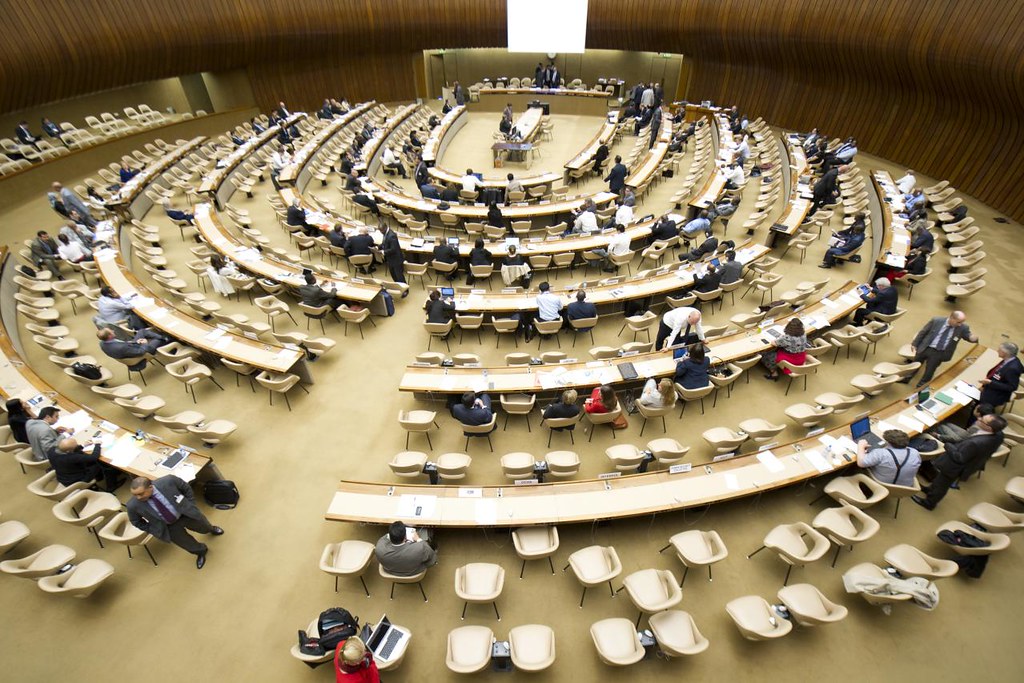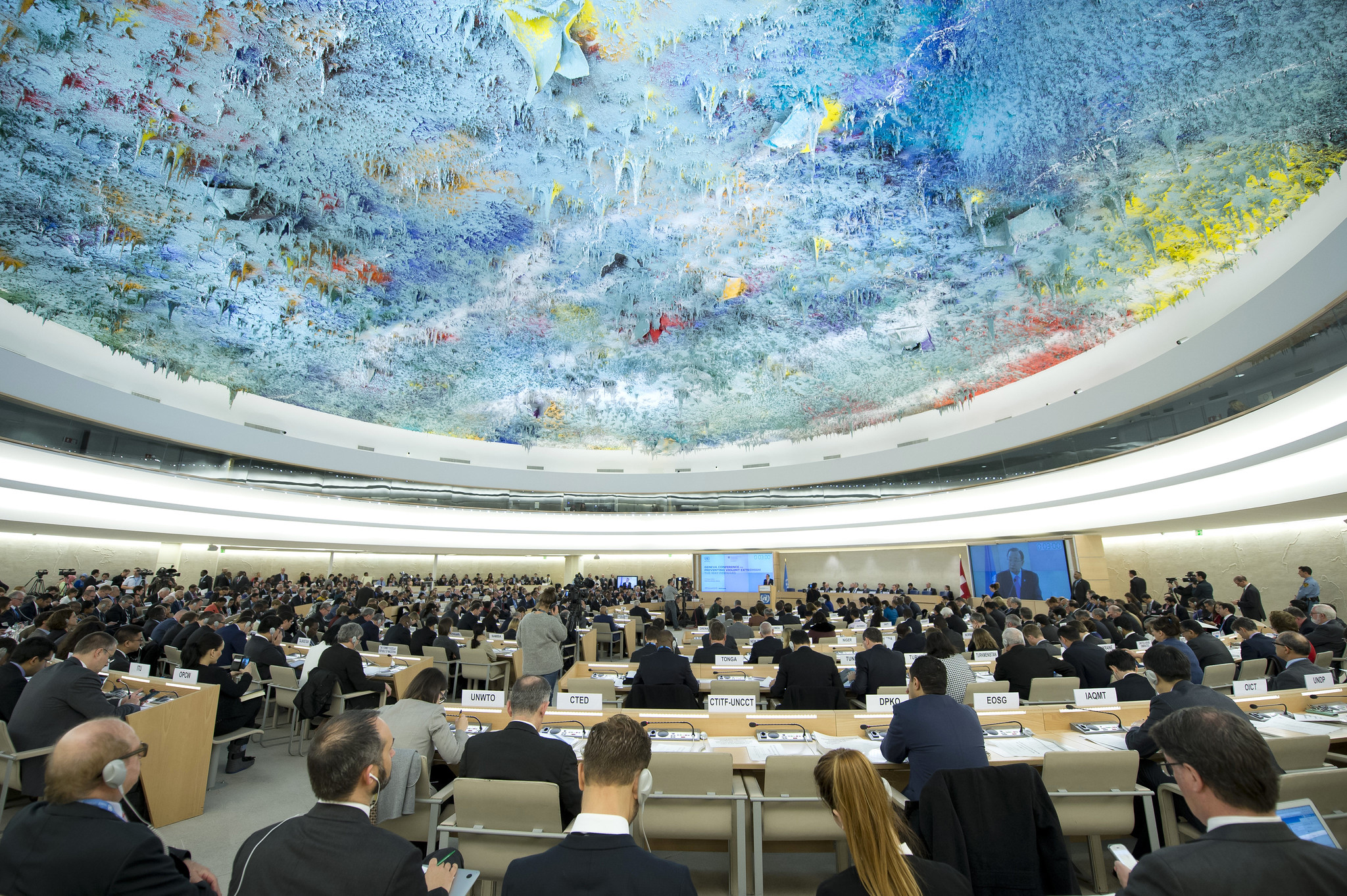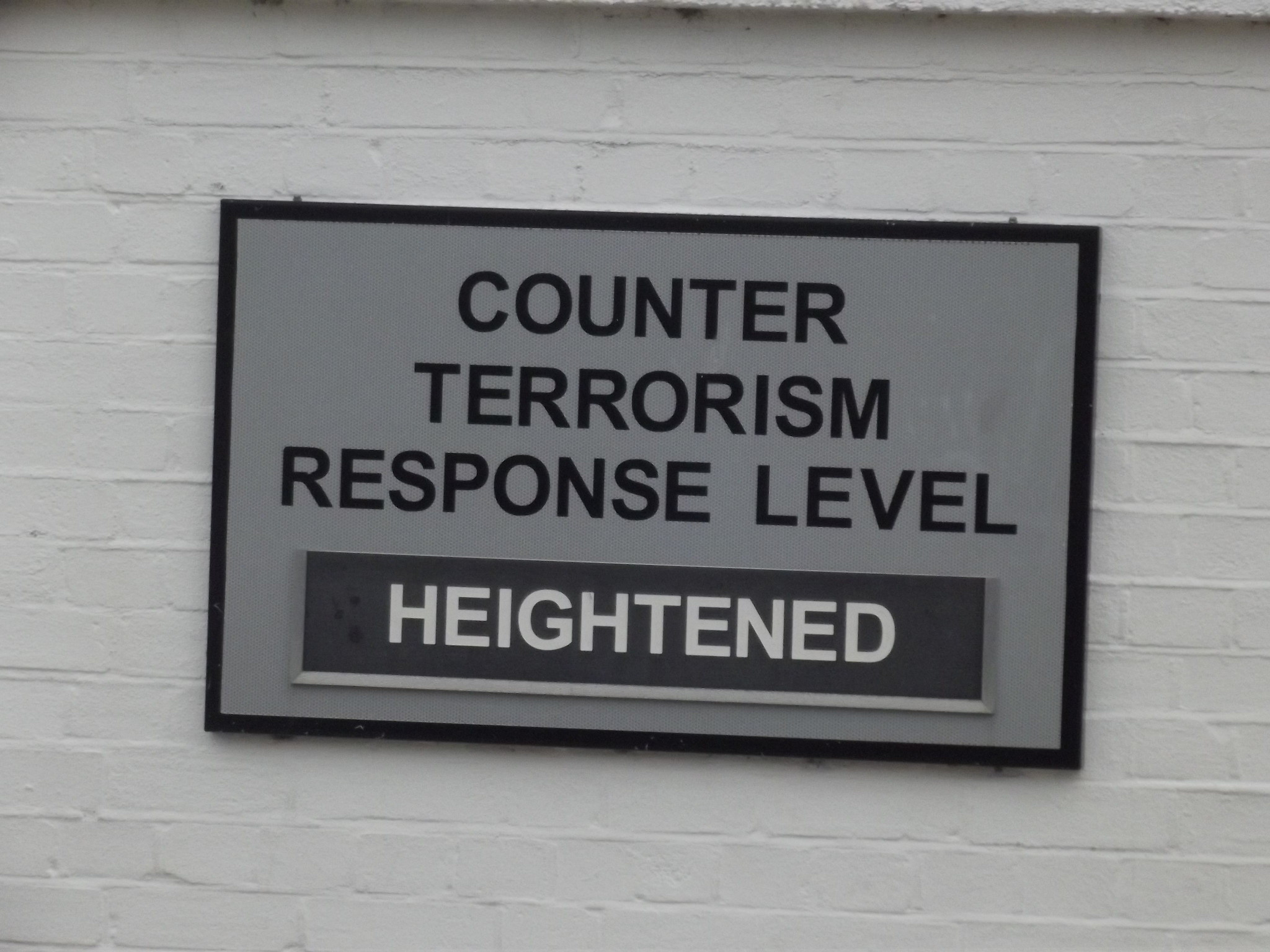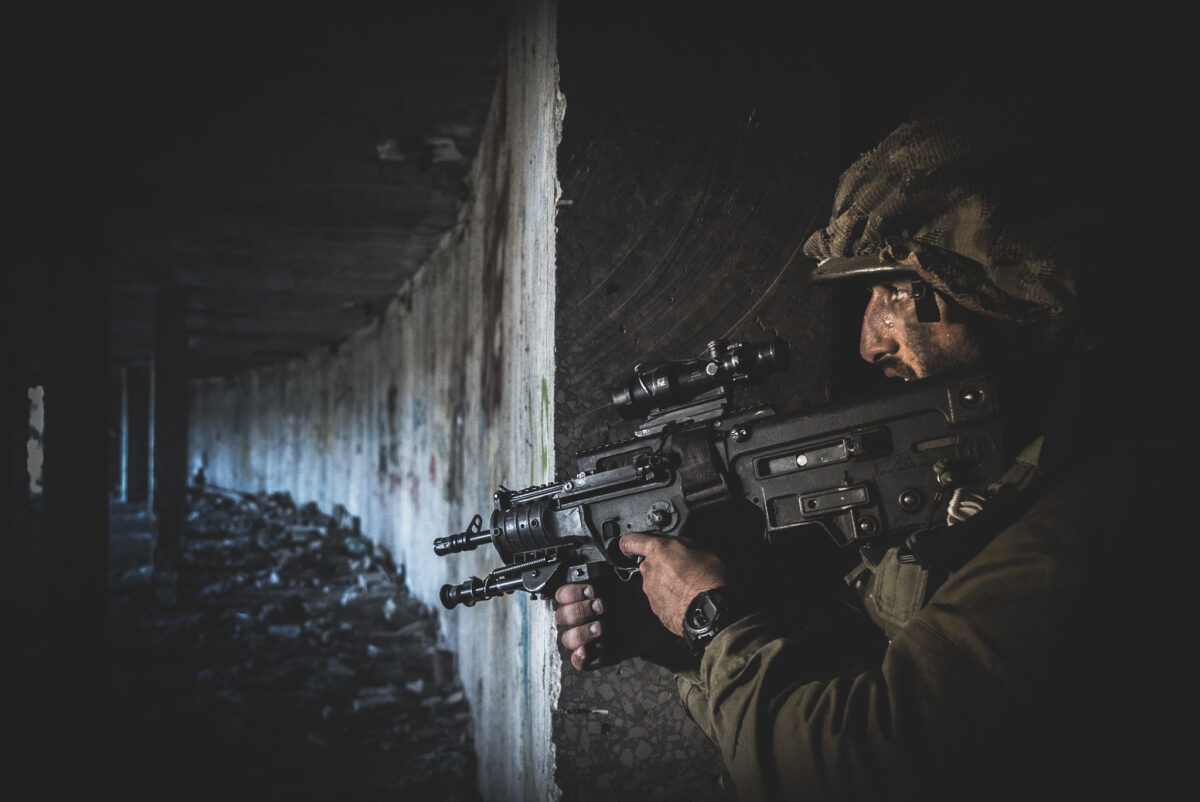As a species we seem to like war a lot.
Do you remember that iconic scene in the classic 1968 Stanley Kubrick film 2001: A Space Odyssey where, thanks to this mysterious obelisk, one bunch of apes is suddenly able, to fashion a weapon out of a bone and proceeds to beat the shit out of a second group? And lo and behold our simian cousins discovered how to make war.
It would take too long to go over just how many wars we humans have engaged in as this aspect of our behaviour seems inbred in our way to resolve differences. Some wars are ‘good’ – here I would put WWII as we really had no choice but to resort to mass military actions to defeat the evils of the Nazis and their allies – and some are not so good – the US decision to go into Iraq in 2003 is in that category IMHO. As I am not a military specialist I will cede the debate on war as a tactic to others.
Another habit we have gotten into of late is to declare wars against common nouns. As Grenville Byford excellently put it in a Foreign Affairs article not too long after 9/11:
Wars have typically been fought against proper nouns (Germany, say) for the good reason that proper nouns can surrender and promise not to do it again. Wars against common nouns (poverty, crime, drugs) have been less successful. Such opponents never give up. The war on terrorism, unfortunately, falls into the second category.
When I first read that quote it was as if a light had gone on in my head. To put it in context, I was at the time a senior strategic analyst at the Canadian Security Intelligence Service (CSIS) working on figuring out how bad we in Canada had it with respect to the kinds of jihadis who hijacked those airliners and turned them effectively into guided missiles that fateful Tuesday morning in 2001. As it was things were bad, but usually manageable (as I illustrated in The Peaceable Kingdom). This means that I was part of a security service tasked with investigating Canadians (and others) keen to wreak terrorist havoc, and providing intelligence to those who could stop them from doing so.
I therefore had a distinct bias on who should ‘do’ counterterrorism (CT): spies, in other words. And yet the smoke in New York and Washington had barely cleared before a large part of CT became a military priority. US special forces (and later Canadian ones as well as those of other American allies) deployed to Afghanistan to find Usama bin Laden (UBL) and his Al Qaeda (AQ) co-conspirators responsible for these heinous acts. This was followed by a full-on military deployment that went on for twenty years and only ended, not well it must be acknowledged, a few months ago.
It is very important at this juncture that I agree that there have been significant military-led CT successes. UBL, Islamic State (ISIS) leader Abu Bakr Al Baghdadi and other major terrorists are no longer alive thanks to the efforts of a variety of military ops. And we are the better for it.
But at the same time, prolonged periods of ‘boots on the ground‘ rarely go well. These missions cost an enormous amount of money, populations back home lose interest and governments subsequently lose backing, and locals begin the resent the presence of foreign troops on their soil. As an example, this is exactly what appears to be happening in Burkina Faso where demonstrators recently shouted “French army get out”, “Free the Sahel”, “No more French invasion and recolonization military convoy”. The welcome mat has been withdrawn.
The other danger is that those providing troops for CT missions are painting a huge target on their backs. Terrorist groups will sometimes attack these soldiers, despite the hugely disproportionate weapons profile in many cases, but it is the civilians back home who stand the greatest chance of retribution. Take the situation in east Africa.
The AQ-affiliated Al Shabaab (AS) has been carrying out attacks in north-east Kenya for years, with the 2013 Westgate Mall attack in Nairobi the most prominent. AS has also attacked neighbouring Uganda, as has an ISIS-linked group that calls itself the Allied Democratic Front (ADF) which claimed last week’s suicide bombing in Kampala which killed at least three and wounded dozens.
What links these two nations?
They are both part of AMISOM, the African Union Mission in Somalia, which has been around since 2007 battling AS and a smaller ISIS group. As it turns out, this military effort is due to expire at the end of next month. Regardless of whether it is extended, many Somali citizens do not have a favorable view of it because of several civilian killings. Fourteen years is a long time after all.
Where does all of this leave us when it comes to our responses to terrorism?
First and foremost CT should primarily be a security intelligence/law enforcement duty with the assistance of the military where it makes sense. In Western nations this aid would be sparing at best given the overall competence and experience of our spies and cops.
Secondly, it is both acceptable and preferable for CT to be part of the military sphere where condition #1 is not met, i.e. where local security intelligence and law enforcement is either absent, incompetent or, even worse, almost as bad as the terrorists themselves. Even here, Western services can do a lot more to help those nations with training and operational support (much as Canada did with the Afghan police – see my chat with former RCMP officer Bill Malone on this topic). Still, there are times for a robust foreign military presence: do Burkina Fasians REALLY think their army can handle the jihadi threat should the French pack up and go home? What about Mali, as this recent The Economist article pointed out?
In the end, the ‘war on terrorism‘ will never be ‘won’. There will be no ‘VT’ day as there was a VE and a VJ day in 1945. Terrorism cannot agree to surrender, although a given terrorist group can agree to stop its actions (much as the Basque ETA did in 2011). The sooner we stop using this inaccurate terminology and refrain from declaring war against common nouns the better off we will be and place ourselves in a better position to truly counter terrorism around the world.
Read More About Counter-Terrorism

How woke and cancel culture undermine CT understanding
Hey Canada! Resorting to generic, meaningless terminology to describe terrorism is inaccurate, unhelpful and deters from broader understanding.

Do ‘Prevent’ type CT programmes really work?
We have been ‘doing’ preventative work in the terrorism sphere for a few decades: is it time for a rethink?

Why bother doing CT ops if terrorists walk free?
How far should intelligence and law enforcement agencies go in investigating terrorist threats?

